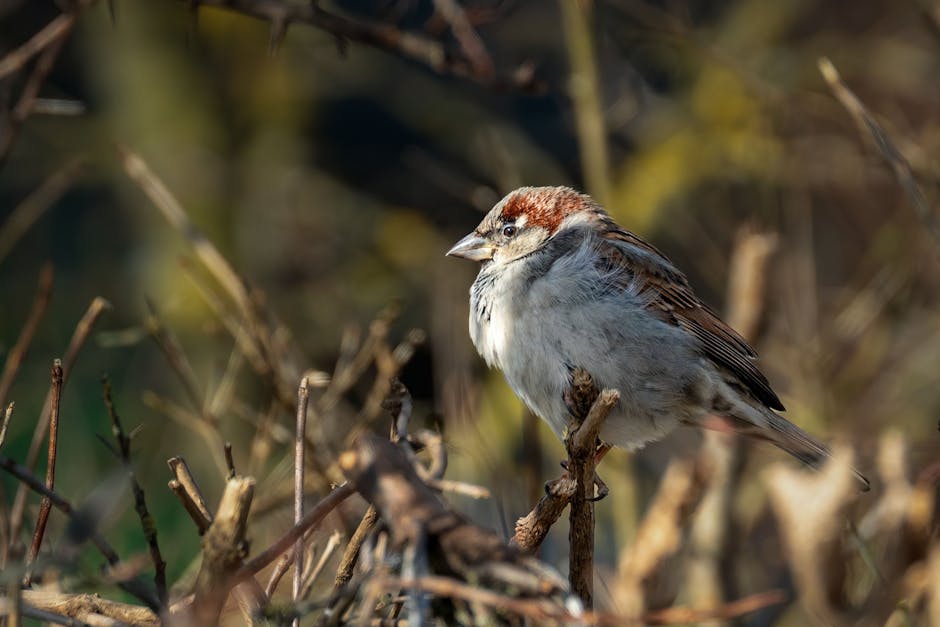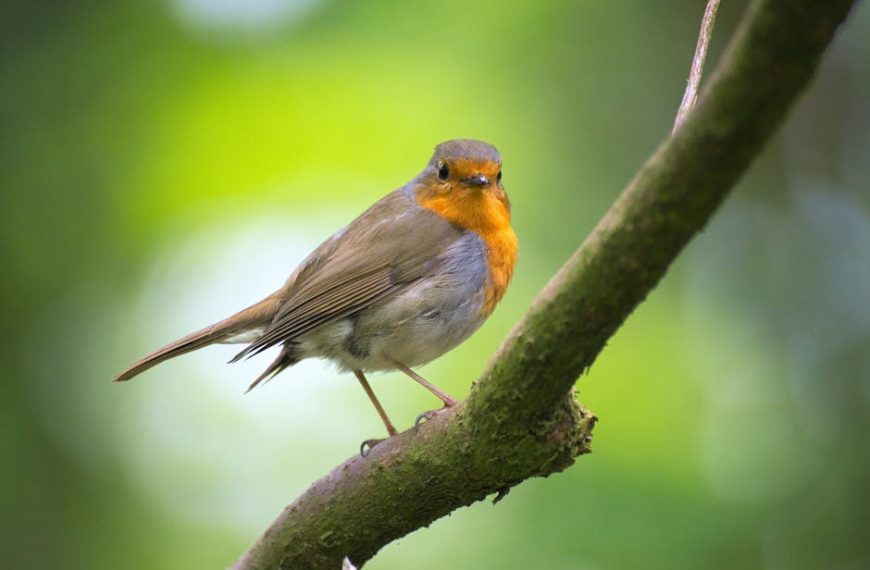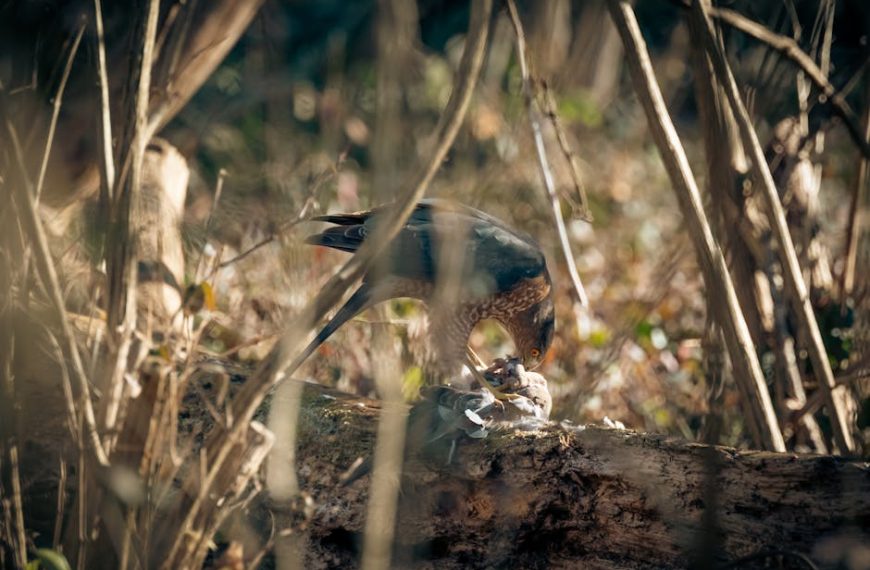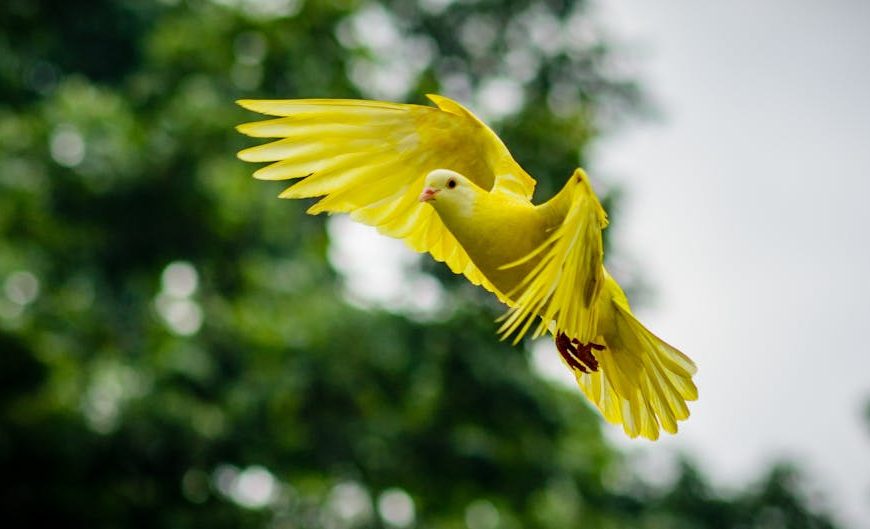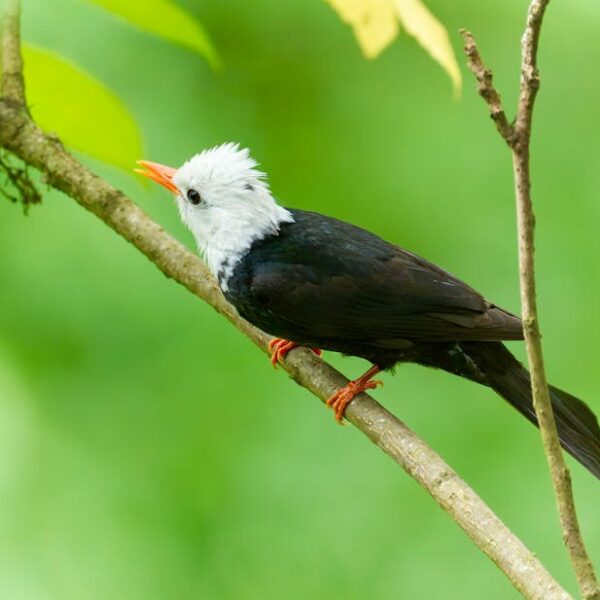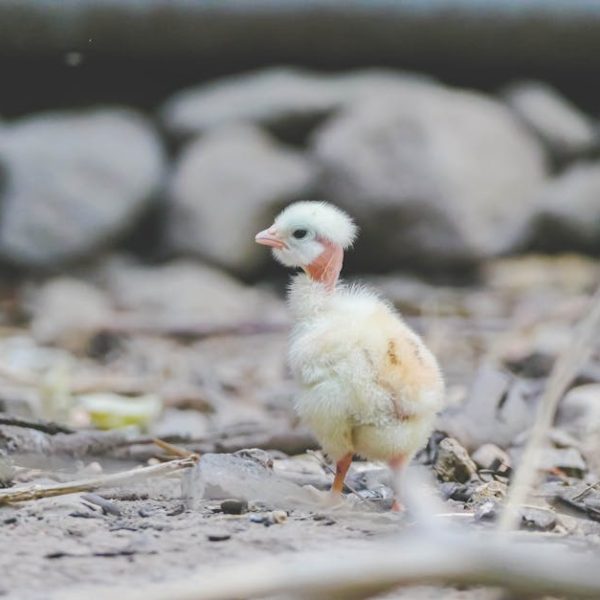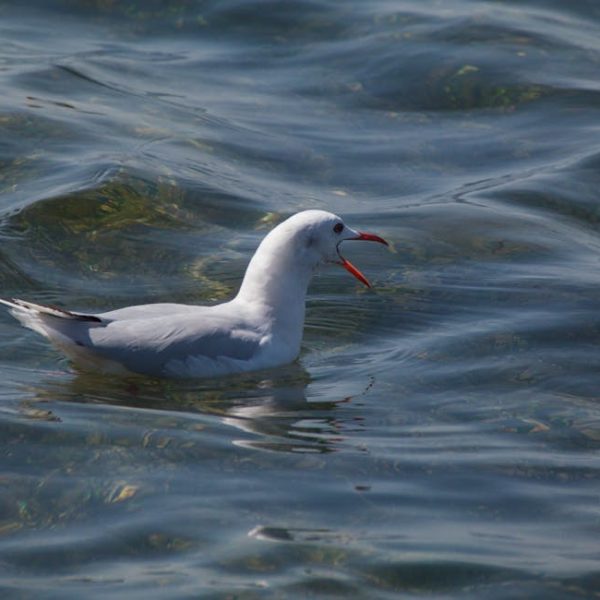While the melodious twittering of birds is often soothing to the human ear, it serves a more profound purpose for the avian species themselves. Bird songs are not merely musical notes tinting the soundscape of nature – they are an integral component of avian communication.
Birds use these vocalizations for various purposes such as alerting their kin about potential threats, attracting mates, and staking claim to their territory. In other words, bird songs act as an auditory representation of the social dynamics among the birds. In some species, mating rituals rely heavily on these songs, where males often serenade females with unique tunes. Additionally, bird songs contribute to maintaining ecological balance, given their roles in predator-prey interactions and territory demarcation.
Key functions of bird songs include:
- Communication: Birds relay vital information like food sources and danger alerts to their flock.
- Mating: Male birds often perform unique songs to attract females, playing a crucial role in reproduction.
- Territory marking: Songs are used to establish territory boundaries against rival birds.
- Predation warning: Bird calls can alarm other members of the species in case of an approaching threat.
Pro Tip: Notice unusual silence or patterns in bird sounds. This could be indicative of changes in the environment, bird migration, or potential threats.
The Implications of Silence: Why Birds May Not Be Singing
The silence of birds is just as significant as their song. The causes behind these restful periods can vary widely. Changes in environmental conditions, shifting weather patterns, migration, breeding cycles, and threat perception can all result in silence from our avian neighbors.
To determine whether a silence holds any significance, observing bird behavior and songs can be very helpful. Spend time watching and listening to birds and maintain a record of the frequency of songs or changes in their patterns.
Also, note the time of day, weather conditions, and any other notable environmental factors during these observations. This collected data will help identify any deviation from the regular patterns of bird songs.
Nature’s Silence: What it Could Mean for the Environment
Nature’s silence is often indicative of significant environmental changes. Birds are sensitive to environmental shifts, and their vocal behavior is directly influenced by conditions such as pollution, deforestation, extreme weather patterns, disease outbreaks, and habitat loss.
Environmental factors that can silence birds include:
- Extreme weather: Extreme cold or heat can reduce bird vocalizations.
- Deforestation: Loss of habitat can lead to a decrease in bird populations and thus bird songs.
- Urbanization: Noise and light pollution in urban areas can disrupt bird songs.
- Pollution: Air and water pollution can affect the health of birds, which can subsequently affect their songs.
- Disease outbreaks: Diseases can reduce bird populations, meaning fewer birds to contribute to the chorus.
While some changes may result in a temporary silence during a weather event, others can cause a long-lasting decrease in bird songs, indicating more severe environmental issues.
The Ripple Effect: Silence Impacting Food Chains and Biodiversity
The absence of bird songs from the nature’s soundtrack not only disrupts the aesthetic valor but also signals potential disruptions in food chains and biodiversity. Birds play a pivotal role in the functioning of ecosystems, and their silence might be a harbinger of ecological imbalance.
Birds contribute to pollination and seed dispersal – when birds stop singing or disappear, it might impact plant growth and distribution. Moreover, many bird species play a significant role in pest control. A reduction in bird populations – indicated by their silence – could lead to an increase in pests, affecting agriculture and balancing natural ecosystems.
Human Influence and Intervention: Preserving Bird Songs
More often than not, human activities are the culprits behind the silence of the birds. Deforestation, improper urban planning, and climate change are among the antagonists affecting bird populations and consequently their songs.
We, humans, have the potential to contribute positively as well. Here are a few ways to help preserve bird songs:
- Support conservation efforts: Contributing to organizations that protect bird habitats can go a long way in preserving bird songs.
- Maintain bird-friendly habitats: Planting native plants and maintaining green spaces in urban settings can provide safe habitats for birds.
- Reduce noise pollution: Maintaining quieter surroundings can help birds thrive in urban and suburban areas.
- Participate in Citizen Science initiatives: Participating in bird counts and other citizen science projects can help scientists track bird populations and take appropriate conservation measures.
Pro Tip: By joining bird conservation efforts, we can ensure the continuation of nature’s unique music, bird songs.
Concluding Thoughts: Tune Into The Silence
- Bird songs play a vital role in avian communication, mate attraction, territory marking, and danger warning. Their unusual silence can indicate changes in the ecosystem.
- Silence in bird sounds can be caused by environmental changes, unusual weather patterns, migration, breeding cycles, or threats. Constant observation can help identify these changes.
- The prolonged silence of bird songs can negatively impact the environment—it can indicate climate change, pollution, and loss of habitats, leading to declining bird populations.
- A break in bird songs could disrupt food chains and biodiversity, affecting pollination, seed dispersal, and pest control systems in nature.
- Human activities like deforestation and urbanization can lead to the silence of birds. However, by supporting conservation efforts, maintaining bird-friendly habitats, reducing noise pollution, and participating in citizen science initiatives, we can help preserve bird songs.
In our day-to-day lives, we seldom pay attention to the music of nature, these bird songs. We must realize that these notes are not just beautiful music but a robust communication system, and their silence could be a wake-up call for us to rectify our activities that are straining the environment. Let’s tune into these signals from nature, learn, and make amends accordingly.
FAQs
Q: How can we identify changes in bird songs or their silence?
A: By regularly observing bird behavior, their songs, noting the time of day and weather conditions during these observations, we can identify any deviation from the regular patterns of bird songs.
Q: What could be the reason behind a sudden silence in bird sounds?
A: Sudden silence in bird sounds may indicate environmental changes, shifting weather patterns, bird migration, their breeding cycles, or potential threats in their surrounding environment.
Q: How does the absence of bird songs affect the environment?
A: Prolonged absence of bird songs may indicate serious environmental issues such as climate change, pollution, and loss of bird habitats. It can also signal disruptions in the food chain and adversely influence biodiversity.
Q: How are human activities affecting bird populations and their songs?
A: Human actions like deforestation, urban sprawl, and activities leading to climate change are some of the main factors affecting bird populations and their songs.
Q: How can we contribute to preserving bird songs?
A: We can support bird conservation efforts, create bird-friendly habitats, reduce noise pollution, and participate in citizen science initiatives to preserve bird songs.
We encourage you to share this article with others to spread awareness and explore more such posts on our website.
